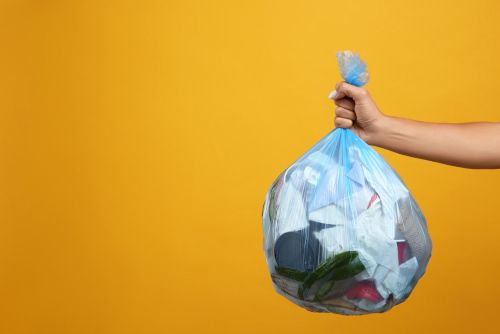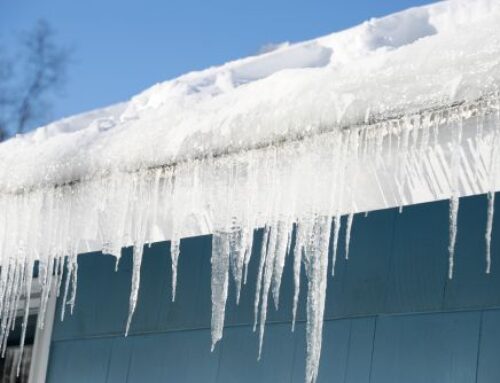Not all trash is the same. While many are okay for disposal in a community landfill, some are not. This goes beyond ordinary sorting and recycling. Some materials are hazardous and require special handling, while others must be broken down into their constituent parts before they can be buried or burned. Here are four types of waste you shouldn’t just throw away. Keep these in mind during your next big clean-up!
Electronic Waste
Considering how much we spend on electronic devices, it’s remarkable how we casually throw them away when they break down or become obsolete. Laptops, smartphones, tablets, television sets, and other electronic helpers and entertainment systems aren’t suitable for the landfill. Most of these mechanisms contain cadmium, mercury, lead, and other toxic materials that may leach into the ecosystem. Keep the water pure and the wildlife happy and healthy by properly recycling your E-waste through an E-waste recycling program. They’ll take your old devices and process them.
Household Chemicals
Just because you use a substance to clean, decorate, or maintain your home doesn’t mean it’s safe enough to chuck into the trash and forget about. Many household products, like cleaning supplies, pesticides, oils, and paints shouldn’t go in landfills. Some are easy to get rid of. For example, mix latex paints with kitty litter, allow the concoction to dry, then throw it away with the regular trash. You should use up products in aerosol cans and spray bottles, for instance, before being adding them to the recycling bin. Check if your community offers special waste disposal on certain days.
Medical Waste
People get sick, injured, or otherwise afflicted with illness. They often generate waste, like soiled bandages and bedding, that shouldn’t go into a garbage truck or landfill. Otherwise, the illness may spread. If there’s an infectious disease involved, double-bag the waste. Sharp things like single-use syringes and other sharp objects should go in bright red disposal containers to avoid cuts and jabs that can spread infection and disease. Similarly, bring old medications to your local drug disposal program to avoid tainting the water supply and environment—don’t flush them!
Plastic Bags
Here’s the last of our four types of waste you shouldn’t just throw away. There are too many plastic bags in the world. Most get one use, then end up in the trash and won’t break down for a very long time. They can hurt wildlife, especially aquatic organisms. Reduce their numbers by switching to reusable grocery bags. If you have plastic bags at home, bring them back to the store and ask if they have a recycling program. Otherwise, use them for trash disposal in your vehicle, for example.





Leave A Comment